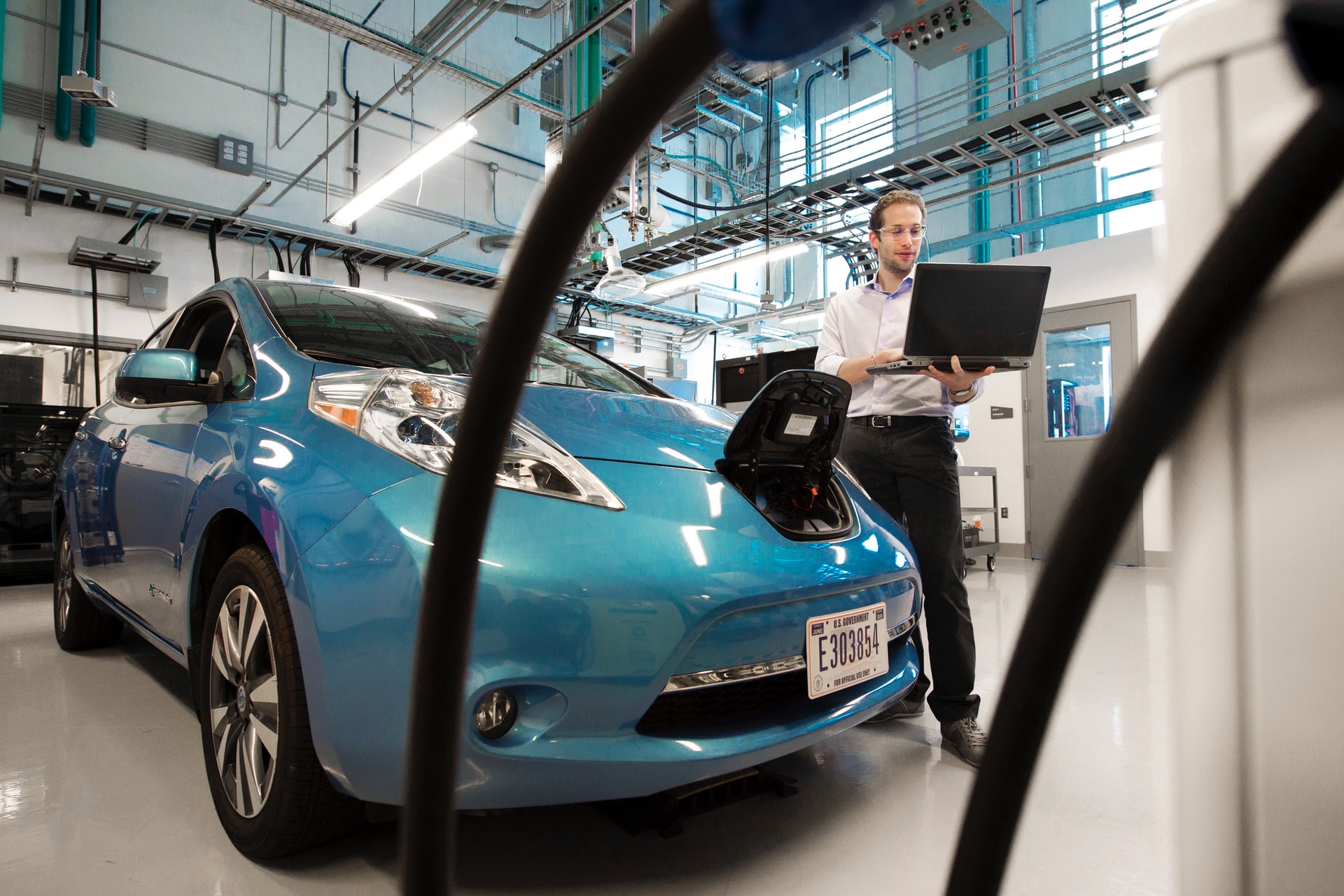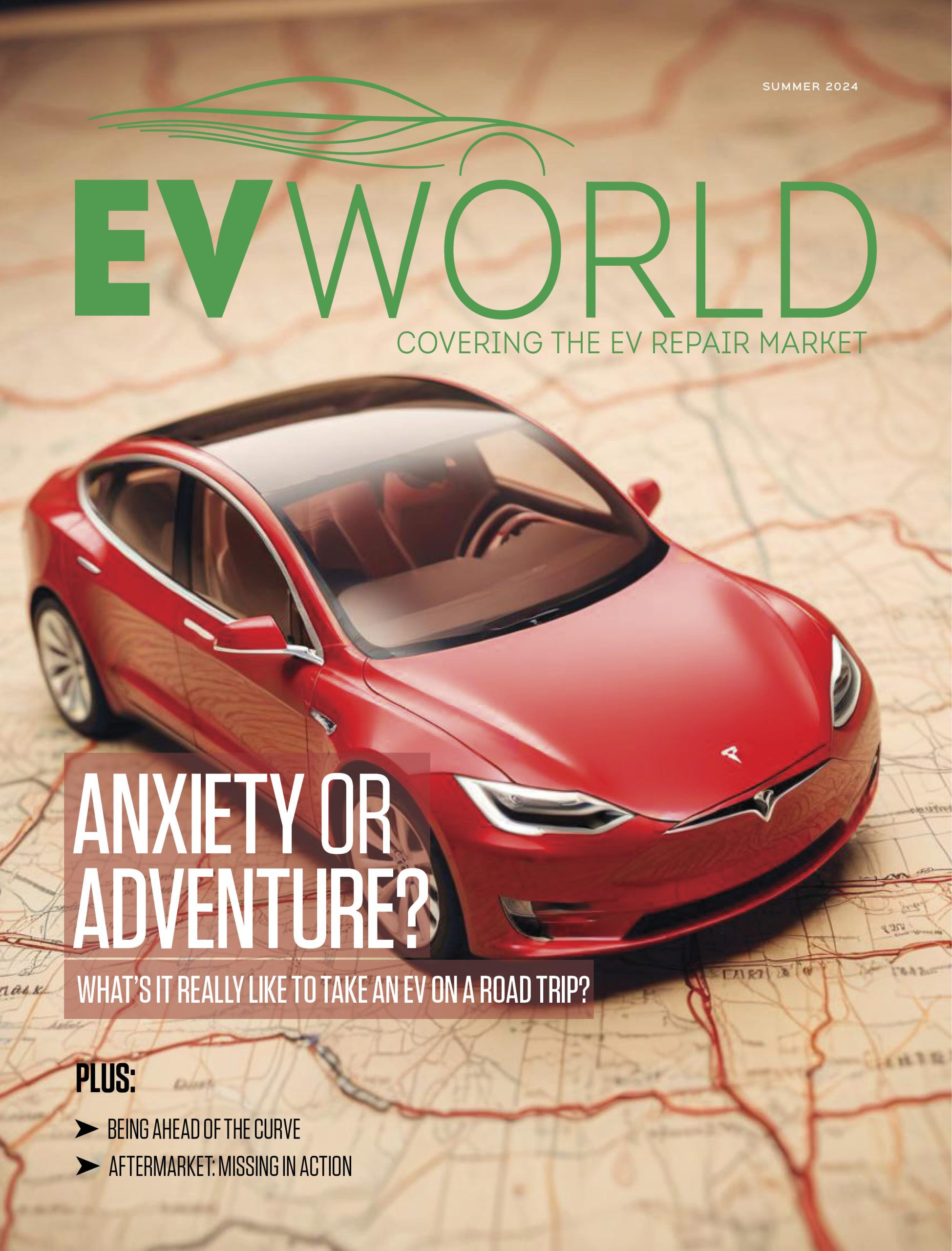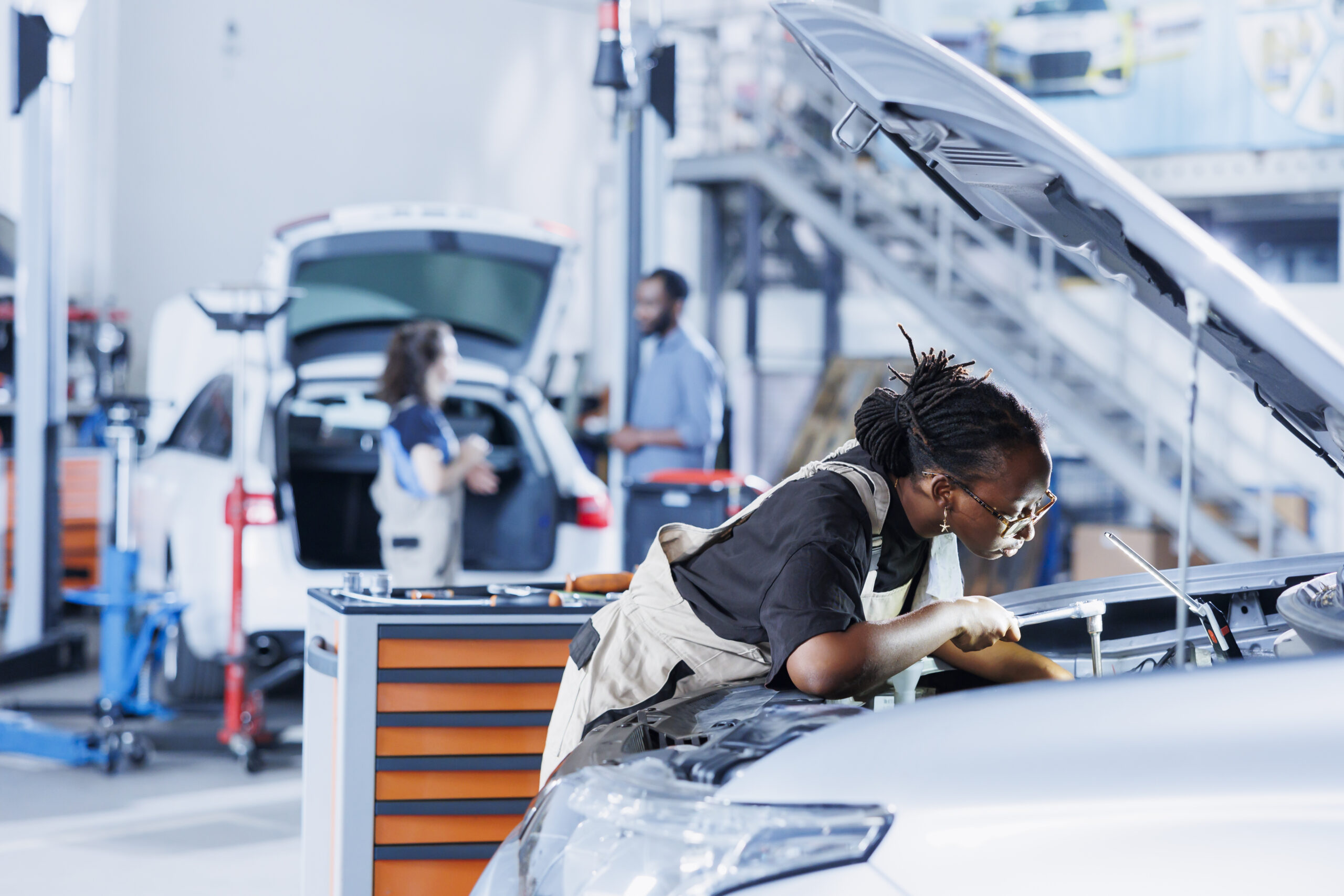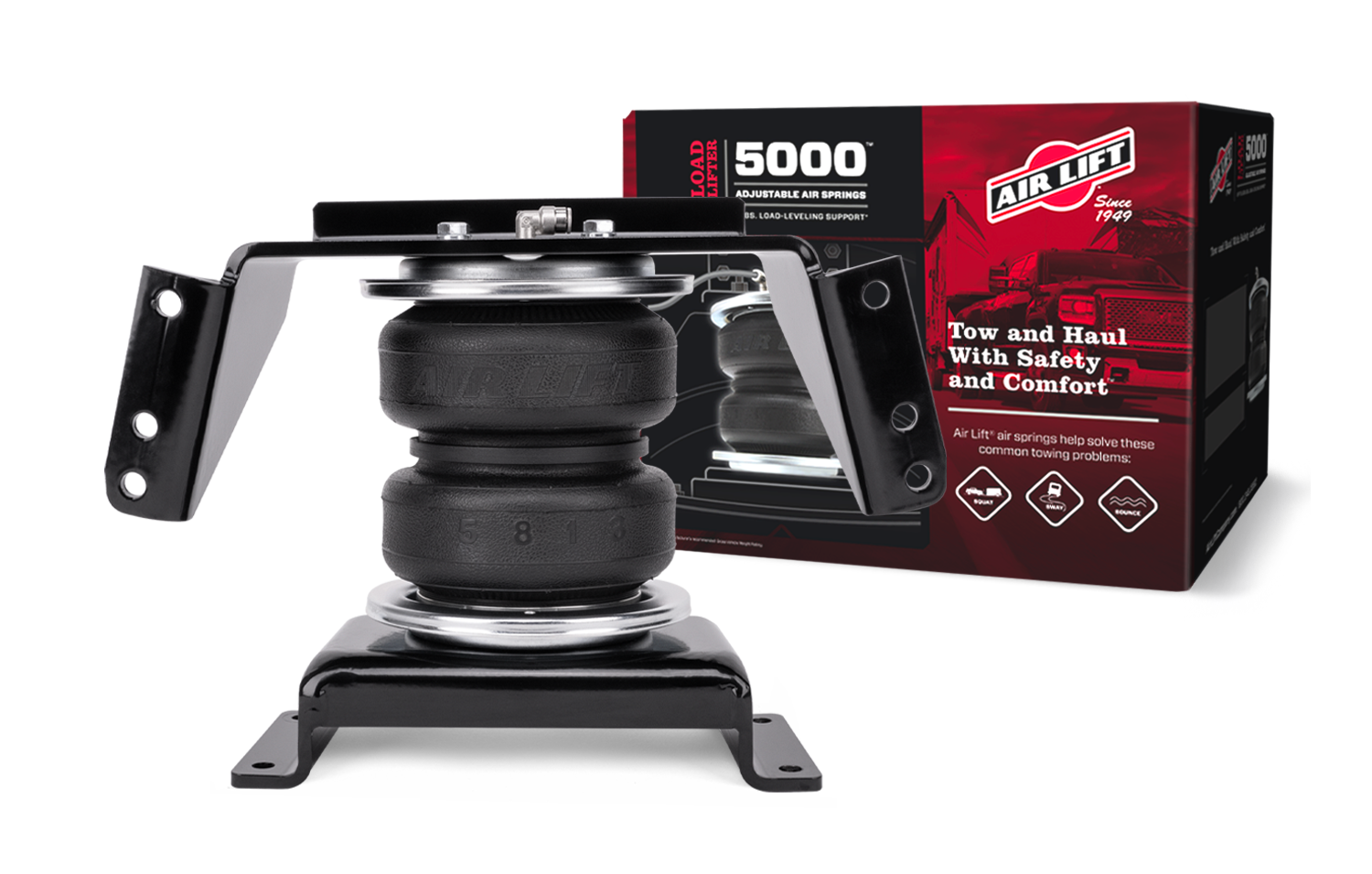
As the world is rapidly changing to be more environmentally friendly and sustainable, the future of car maintenance seems a little bleak. Why? The current auto repair industry is not autonomous and manually inclined. So, when the world adapts to more efficient modes of car technologies, the demographic of car maintenance will change forever.
That said, is there only negative change forthcoming because of EVs and autonomous vehicles? Not at all. Positive changes are also in store as we move forward.
Let’s look at all the possible changes that will come with EVs and advanced vehicle technologies.
Changes in the future of car maintenance
To say there will be positive changes in the service industry of EVs and autonomous vehicles is nothing but an understatement. These changes, however, will usher in an era of reduced maintenance. At the same time, there will be greater adaptability, new job creation and much more.
For example, AI repair services means will come with the rapid growth of artificial intelligence. This won’t only affect typical technological decisions such as smartphones and computers, but cars as well. That’s why we see plenty of AI-based software that help cars to navigate without human intervention.
Even those vehicles that aren’t electric or autonomous will be served by current auto repair service centres that will fix and troubleshoot many software-related issues. For the last decade, technicians have adapted more software-related troubleshooting.
However, once EVs take off, minor problems around vehicle software can be solved with just an over-the-air update. This will indeed impact the aftermarket — some fixes that required a technician will go by the wayside as AI will automatically repair needed issues.
So where does this leave the automotive technician? Because the vehicle repair industry will observe a paradigm shift to a new era of repair services, new positions and opportunities will be created. The traditional mechanic may become obsolete but the demand for true technicians will see rapid growth.
Professionals equipped with knowledge about AI, advanced driving assistance systems (ADAS), software and codes will be in demand. Thanks to this shift, those who fit the bill stand to see their salaries jump higher than ever before.
And with more software updates and fewer maintenance needs thanks to new vehicle technology, repairability becomes more convenient and easier to complete.
While the connected vehicle will allow for this to happen, they will also receive frequent software updates and AI modules to keep their services up-to-date and running efficiently.
Another key thing to note is that the overall maintenance of the EVs might get reduced but the cost associated with the maintenance might increase. Regular modding and repair services will still be relevant with EVs so while some of the minor maintenance costs associated with internal combustion engines fade away, these costs won’t see a reduction in the future. As has been commonly noted, EVs consume tires more rapidly than regular combustion cars, in addition to suspension and chassis components.
In other words, the minor or small troubleshooting errors of past vehicles won’t be a headache with electrics. However, the overall maintenance cost that will come with the early days of the EV industry will definitely be more beneficial to the aftermarket than to the customers.

New landscape of auto repair business
As vehicles are being updated with newer technologies and sustainable materials, the entire repair industry will also need to adapt at a rapid pace. For that, auto repair service centres will have to change from being a business of mechanics to technicians with a focus on software-based repair services.
The initial push may be detrimental for many businesses because of the fixed assets of outdated tools and equipment. Still, it’s necessary for businesses to adopt newer tools that infuse automation and serviceability.
Choosing to ignore the endeavour due to cost will push shops to either close down or change industries. The number of vehicles on the road isn’t going down so it’s ideal that most shops adapt and raise the bar of the whole industry by innovating new ideas to keep the EVs running and maintaining them professionally.
Cost of maintenance in the future
As vehicles become more complex and incorporate more advanced technologies, the cost of maintenance and repairs may increase. This is because newer technologies such as electric powertrains and ADAS require specialized knowledge and equipment to maintain and repair.
While tomorrow’s vehicles might have fewer moving parts than before, the complexity will take a toll on the customer’s maintenance budget. Also, just because their vehicles have advanced technologies, that does not mean that they won’t need to visit a shop for regular checkups.
The importance of regular engine maintenance can’t be ignored even with an EV as the engine will remain a core part of the vehicle.
It is imperative that the ever-changing landscape of vehicle technologies will impact the car servicing industry. While some changes might not be positive for businesses, early adopters will observe exponential growth.
Hector West is an avid fan of modified vehicles and engines. With a passion for investigating engine conditions and building modified engines, he has acquired two classic cars and two modified cars. He owns a tire business that specializes in classic vehicles.












Leave a Reply